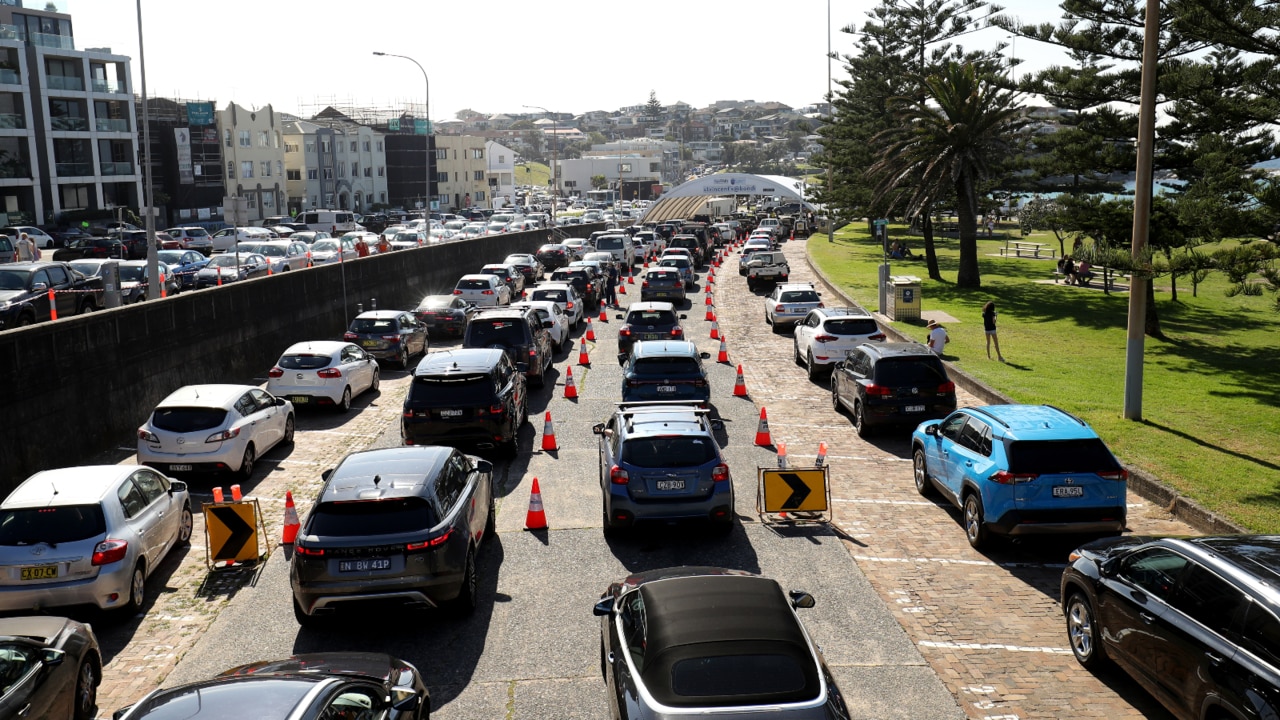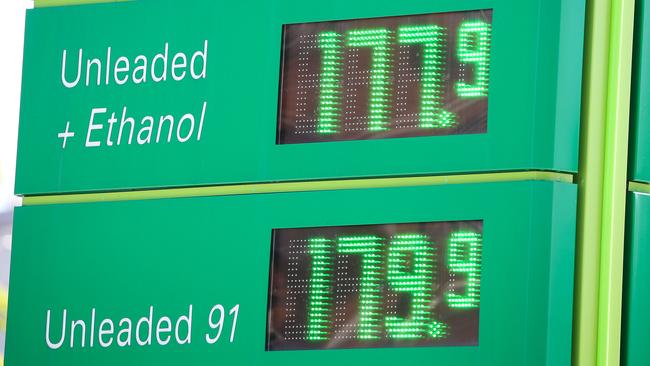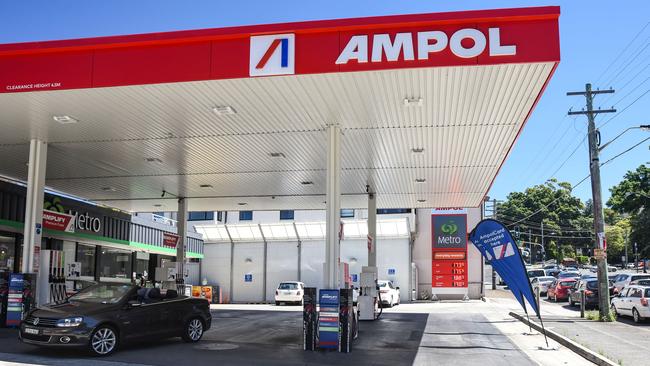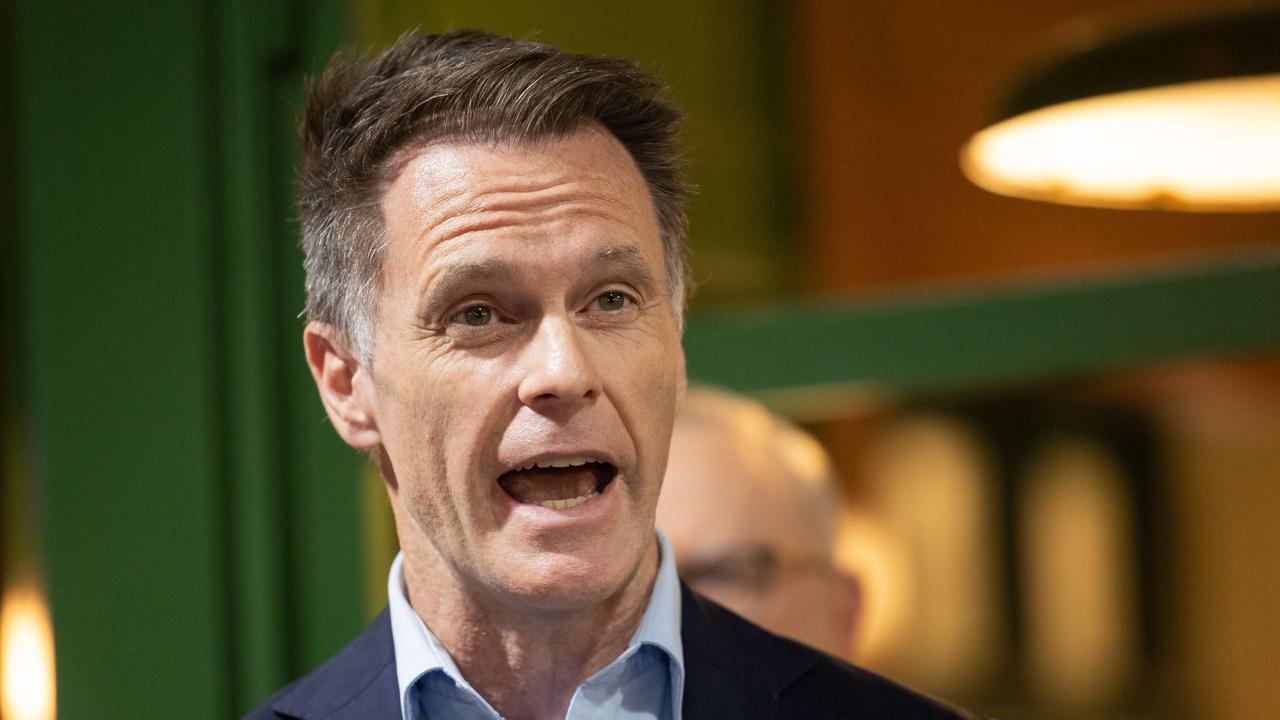Sydney petrol prices: Cheapest suburbs to fill up
Petrol prices have hit record highs as international demand surges, and motorists need to shop around. Here are the cheapest Sydney suburbs to fill up.

NSW
Don't miss out on the headlines from NSW. Followed categories will be added to My News.
Motorists looking to fill up their tanks are being urged to shop around as petrol prices hit record highs, with a new analysis revealing the cheapest and most expensive suburbs.
The average UPL price across Sydney has risen 30 per cent from $1.40 this time last year to a record high of $1.79 a litre last week, according to data from Compare the Market.
The price spike — which coincided with many motorists’ Australia Day plans — has given Sydney the undesirable title of most expensive fuel capital of Australia, compared to an average of $1.56 in Perth, $1.64 in Melbourne and $1.70 in Adelaide.

Despite the price rise, savvy motorists are being encouraged to shop around, with some Sydney suburbs offering cheaper fuel than others.
Motorists were the most likely to get a good deal in the south Sydney suburbs of Bexley North, Earlwood and Dulwich Hill with Colyton, Austral and North St Marys proving the best value in the western suburbs.
Bexley North had the best prices, with an average of $1.52.
Northern Sydney residents were the most likely to be price-gouged at the bowser, with Balgowlah, Mosman, Taren Point, Chatswood and St Ives recording some of the highest fuel prices. In Balgowlah, the average fuel price was $1.90.
Compare the Market spokesperson Sarah Orr said motorists could pocket significant savings by shopping around.
“The figures show there’s value in shopping around. You may use the same station every week but they won’t always offer the best deals.
“Sometimes small, independent retailers can offer a better price. Having more than one local station in a cluster can also help boost competition.
“The difference between the highest and lowest average in Sydney was nearly 70 cents, so it’s worth taking a look on the Simples App to see if you can find a better price nearby.”

The price surge is being driven by international supply issues and local competition, according to Ms Orr.
“Last year we saw very different conditions driving low prices. It’s a bit of a rude shock to face such steep hikes with those cheaper rates fresh in our memory,” Ms Orr said.
“Surging international demand and supply issues have had a major impact in recent months and discounting has been slow over the past cycle, as retailers account for the late school holiday slump.”
The good news is prices are expected to stabilise in the next few weeks.
“We will likely see prices improve as schools and businesses reopen and drive better local competition so waiting a week or two might just pay off,” she said.




